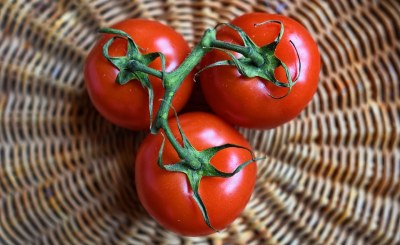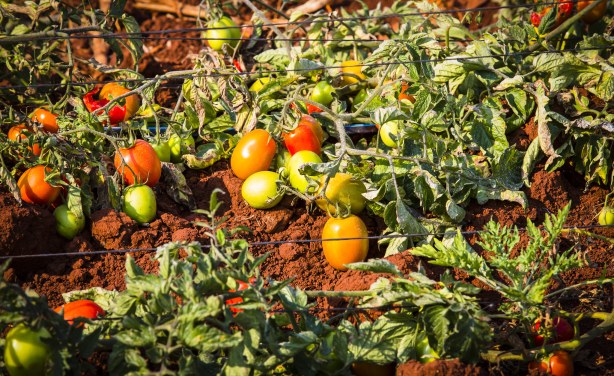-
The Conversation Africa, 11 January 2023
Feeding Africa's growing population is a big development challenge for governments, policy makers and agriculture experts. Adding to the challenge is the high level of food loss… Read more »
-
Tanzania: Youth Innovators Showcase Food Security Solutions
Daily News, 4 January 2023
YOUTHS have developed innovations in agribusiness geared at enhancing food security in the Lake Region Economic Bloc (LREB). Read more »
-
Tanzania: Tanzania's U.S.$18 Billion Renewable Energy Ambition
The Exchange, 10 November 2022
COP27 also referred to as "African COP" gives African countries opportunity to address dire consequences of climate change in Africa. Read more »
-
Tanzania: Firm to Empower Farmers, Transform Agriculture
Daily News, 11 January 2022
TANZANIA-based agribusiness company, Grosso Africa, has vowed to contribute to country's efforts to transform agriculture by empowering farmers to increase yields and be assured of… Read more »
-
Tanzania: Investing in Tomato Value Chain for Access to New Markets
Daily News, 5 November 2019
TOMATO is one of the highest produced vegetable crops in Tanzania due to its status as a staple and economic horticultural activity for smallholder and commercial farmers across… Read more »
Solar Energy a Sustainable Solution For Tanzania's Tomatoes
Tanzania is an agriculture-based economy with small-scale farmers dominating the sector. Most small-scale farmers live in areas where access to electricity is limited.
As a result, they don't have cold storage facilities for their fresh vegetables and fruits. Nearly 30% of fresh produce in Tanzania perishes before they get to consumers. For fresh tomatoes, as much as 50% is lost before reaching markets due to poor storage conditions.
Evodius Waziri Rutta, Sustainability Researcher, Queen's University, Ontario believes the solution to all this is solar-powered cold storage. Rutta spoke to tomato farmers, solar energy experts, and policy experts in Kilolo district in southeast Tanzania to explore what needs to be done to improve access to cold storage facilities.
His findings are that the barriers to uptake were limited awareness, the cost of the technology, farmers' low capacity to pay, and consumer preference for non-refrigerated food. His suggestion is that practical policy interventions would include incentives to attract investment, payment flexibility to make technology more affordable, and greater awareness of the benefits of cold storage.



